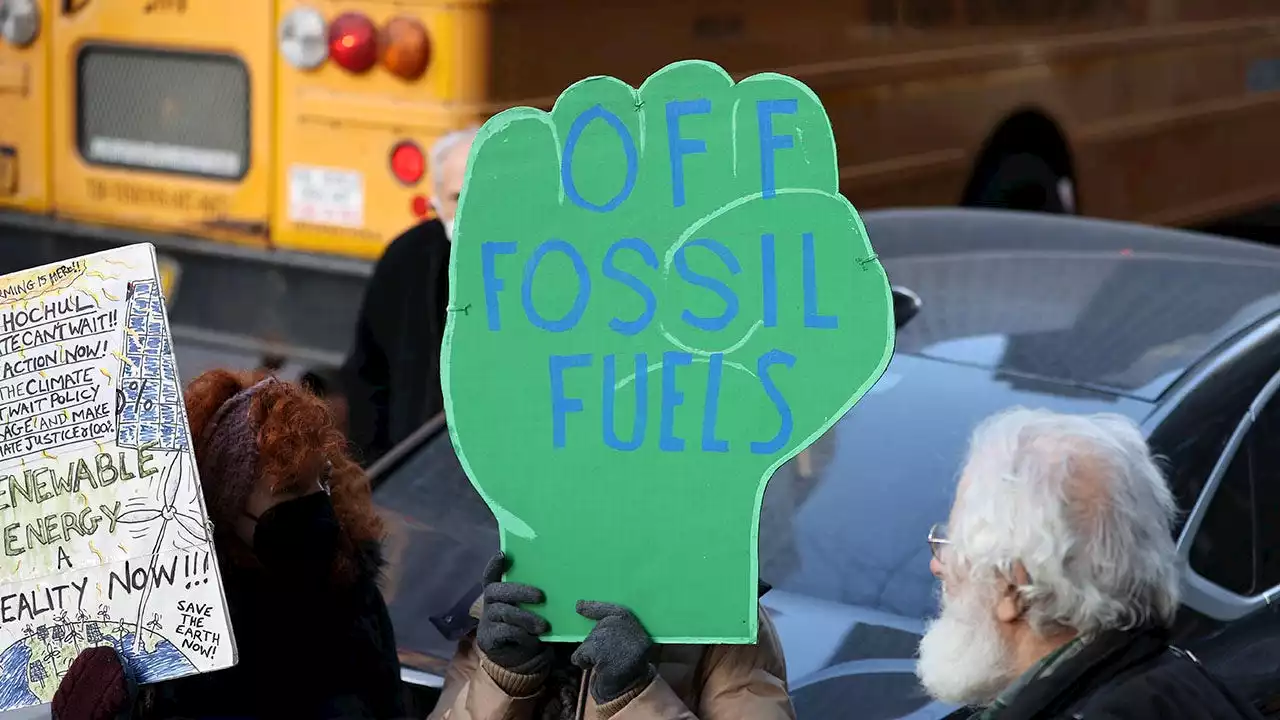Climate change is straining the world’s two favorite coffee species. Could a resilient 19th-century alternative solve the brew’s existential crisis?
it. You fancy yourself a coffee snob. You’ve got a favorite single-origin bean and are low-key judgmental of anyone who takes milk with their morning brew. You rate an espresso by the consistency of its crema, so it’s fortunate that you’re on first-name terms with a neighborhood barista who gets it dead right every single time. “Oh, you’re into coffee too?” you say to your colleague, eying the 10-gallon Starbucks tankard on their desk. “That’s nice.
But how far into the depths of coffee connoisseurship have you really dived? There are 124 coffee species out there and just two of them—arabica and robusta—account for around 99 percent of global coffee production. Even the most adventurous coffee fans rarely stray beyond these two headliners. But relying so heavily on just two coffee species is starting to look foolhardy.
Liberica wasn’t always on the periphery of the coffee industry. For a brief time in the late 19th century, it was the bean. At the time, the ubiquitous arabica coffee plants were stricken by leaf rust disease, which was annihilating trees in coffee plantations across Southeast Asia. Liberica seemed to be more resistant to leaf rust and grew well in warmer lowland regions, unlike fussy arabica, which prefers cool temperatures and higher altitudes.
Alas, liberica’s time at the top of the tree did not last long. Its big fruits were harder for coffee manufacturers to process and the knobbly beans inside were prone to being either over- or under-dried, resulting in a subpar cup of coffee. When coffee production in Brazil started to boom around the turn of the 20th century, most plantations opted to grow arabica, which quickly became the top dog in the international coffee trade. Since then, only two species have dominated.
One of the big problems with liberica has been that unless it is processed and roasted carefully, the taste itself can be off-putting. “I first tasted liberica back in 2012 and wrote it off as being completely disgusting,” says Davis. The taste reminded him of tinned soup. People who taste coffee for a living have a name for this: vegetal. In cupper parlance, calling a brew “vegetal” is basically a polite way of saying that the coffee sucks.
Australia Latest News, Australia Headlines
Similar News:You can also read news stories similar to this one that we have collected from other news sources.
 #158 Exxon’s 1970s predictions for climate change were super accurateScientists working for oil giant Exxon between 1977 and 2003 accurately predicted the pace and scale of climate change and warned of the harm of burning fossil fuels, while firm’s executives played down the risk. Now Exxon’s quantitative climate projections have been assessed for the first time. On this special episode of the podcast, host Rowan Hooper discusses the Exxon science with New Scientist environment reporter Madeleine Cuff, and climate scientist Peter Stott. Peter is the author of Hot Air, The Inside Story of the Battle Against Climate Change Denial and is a specialist in climate attribution at the UK Met Office’s Hadley Centre. There is also a contribution from climate scientist Michael Mann.The panel discuss ExxonMobil’s response to the new study, and talk about what we can take from it in terms of not being beguiled by vested interests when pushing for a fast transition to a world free from fossil fuels.The team also reacts to the news that the head of one of the world's biggest oil companies will be president of the COP28 climate summit later this year.To read about these subjects and much more, you can subscribe to New Scientist magazine at newscientist.com.
#158 Exxon’s 1970s predictions for climate change were super accurateScientists working for oil giant Exxon between 1977 and 2003 accurately predicted the pace and scale of climate change and warned of the harm of burning fossil fuels, while firm’s executives played down the risk. Now Exxon’s quantitative climate projections have been assessed for the first time. On this special episode of the podcast, host Rowan Hooper discusses the Exxon science with New Scientist environment reporter Madeleine Cuff, and climate scientist Peter Stott. Peter is the author of Hot Air, The Inside Story of the Battle Against Climate Change Denial and is a specialist in climate attribution at the UK Met Office’s Hadley Centre. There is also a contribution from climate scientist Michael Mann.The panel discuss ExxonMobil’s response to the new study, and talk about what we can take from it in terms of not being beguiled by vested interests when pushing for a fast transition to a world free from fossil fuels.The team also reacts to the news that the head of one of the world's biggest oil companies will be president of the COP28 climate summit later this year.To read about these subjects and much more, you can subscribe to New Scientist magazine at newscientist.com.
Read more »
 Gatekeeper: Eclipse Announces January 19th Release DateGatekeeperEclipse will be released this Thursday for PC, as the rogue-lite shooter puts your skills to the test in amazing colors. indiedev indiegame
Gatekeeper: Eclipse Announces January 19th Release DateGatekeeperEclipse will be released this Thursday for PC, as the rogue-lite shooter puts your skills to the test in amazing colors. indiedev indiegame
Read more »
 Davos 2023: Climate activists protest the presence of oil giants at World Economic ForumClimate activists are staging protests in Davos, Switzerland, on the sidelines of this week's World Economic Forum to oppose the presence of oil and gas firms.
Davos 2023: Climate activists protest the presence of oil giants at World Economic ForumClimate activists are staging protests in Davos, Switzerland, on the sidelines of this week's World Economic Forum to oppose the presence of oil and gas firms.
Read more »
 Davos 2023: Climate activists protest over big oil hijacking debateClimate activists protested in Davos on Sunday against the role of big oil firms at this week's World Economic Forum (WEF), saying they were hijacking the climate debate.
Davos 2023: Climate activists protest over big oil hijacking debateClimate activists protested in Davos on Sunday against the role of big oil firms at this week's World Economic Forum (WEF), saying they were hijacking the climate debate.
Read more »
